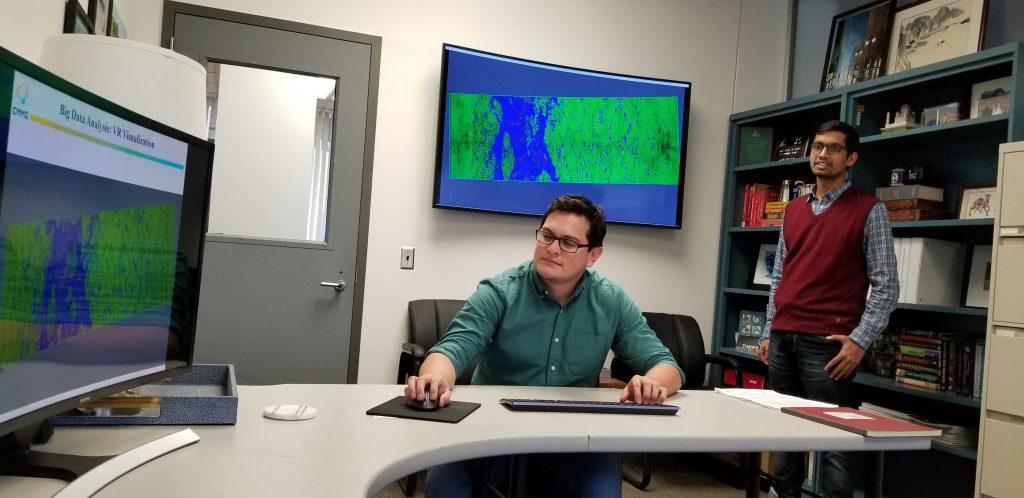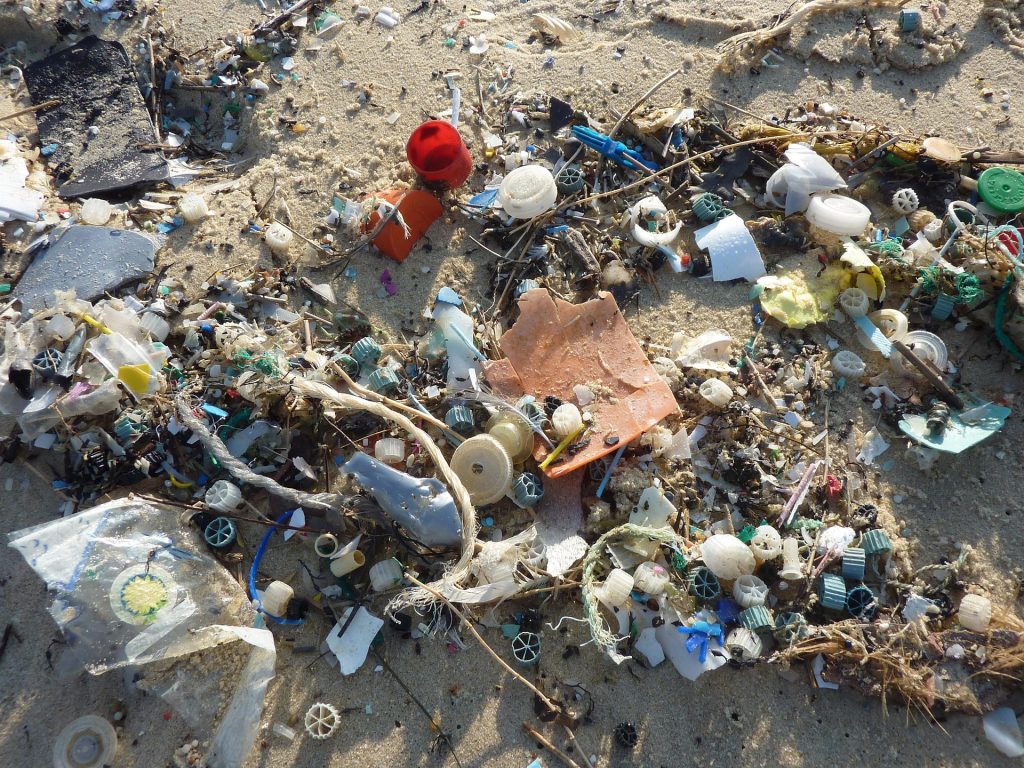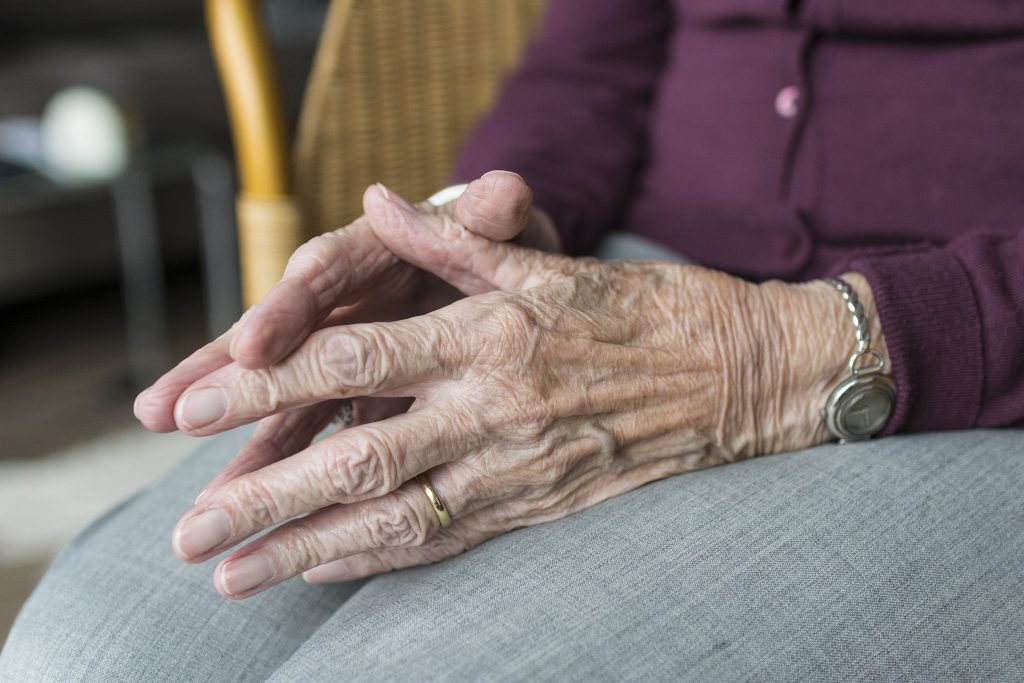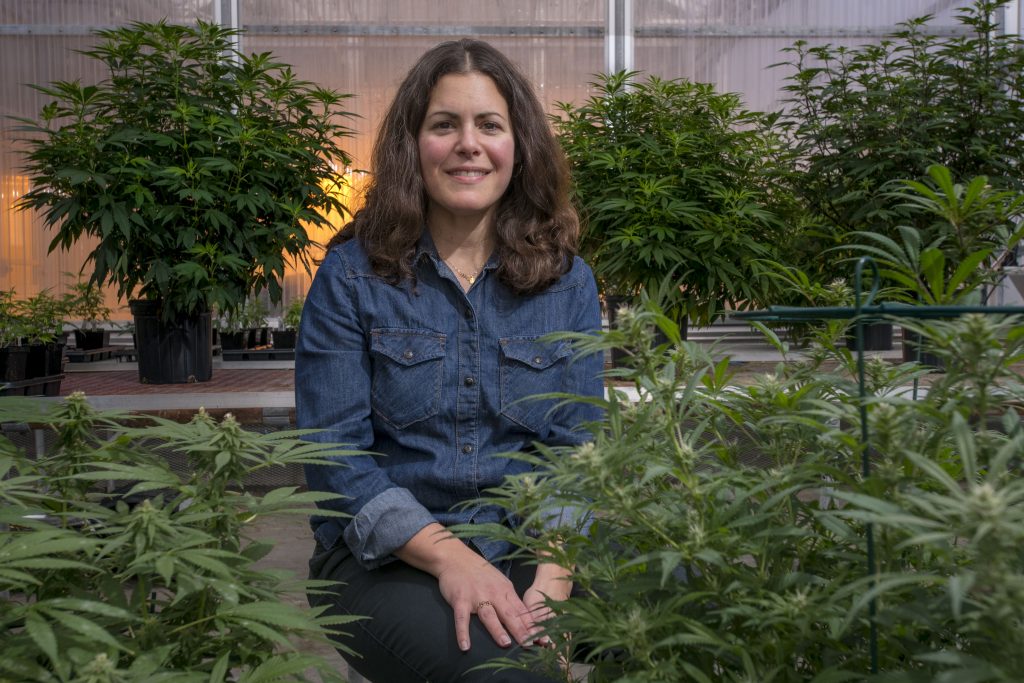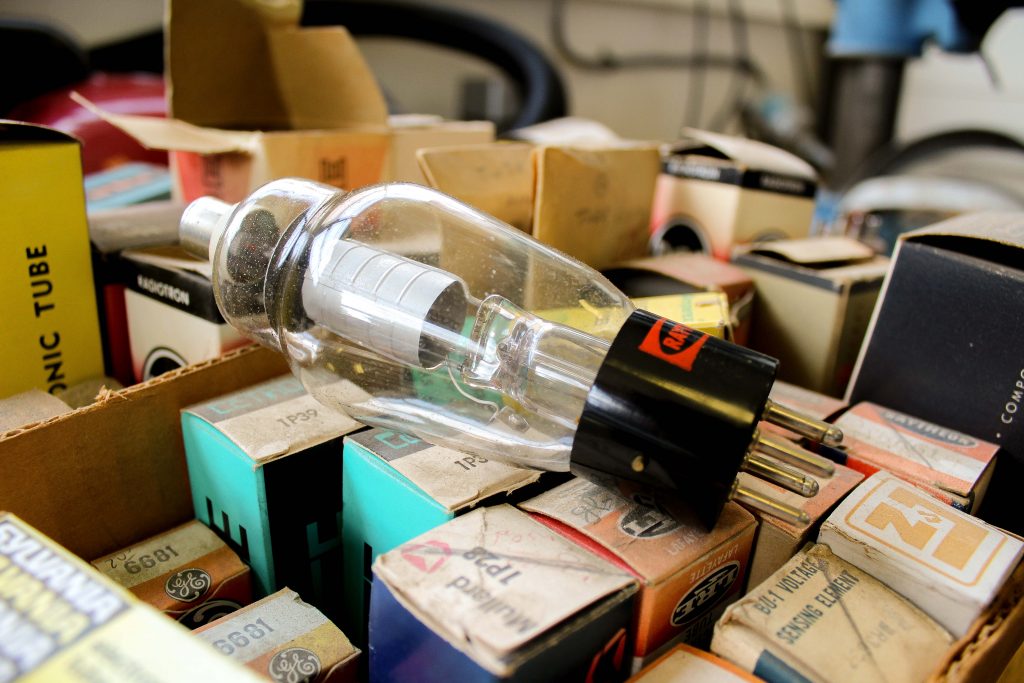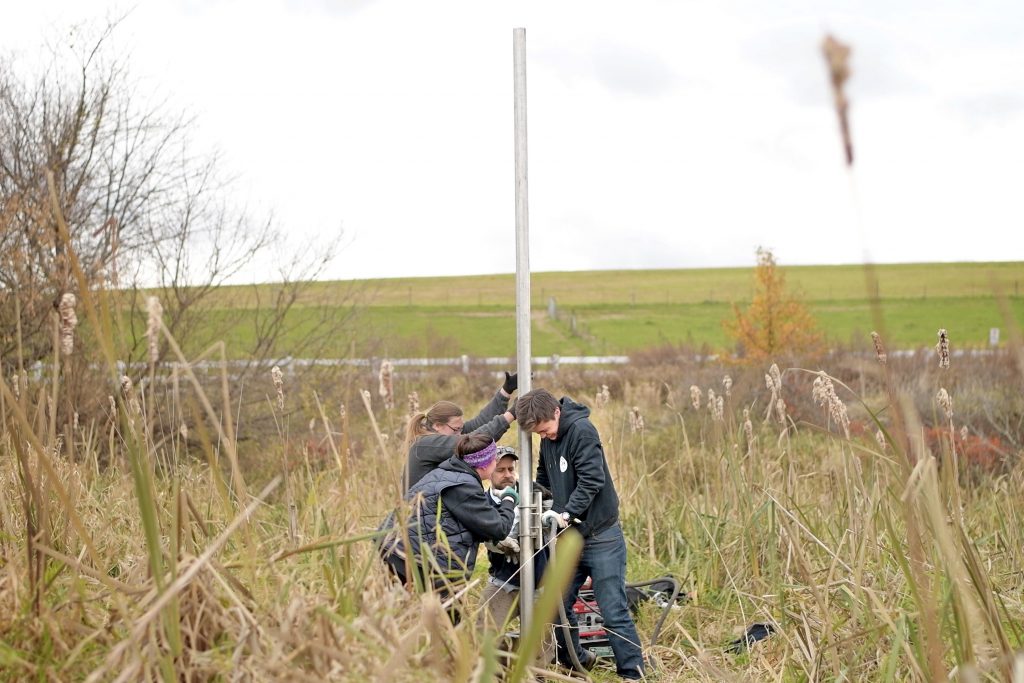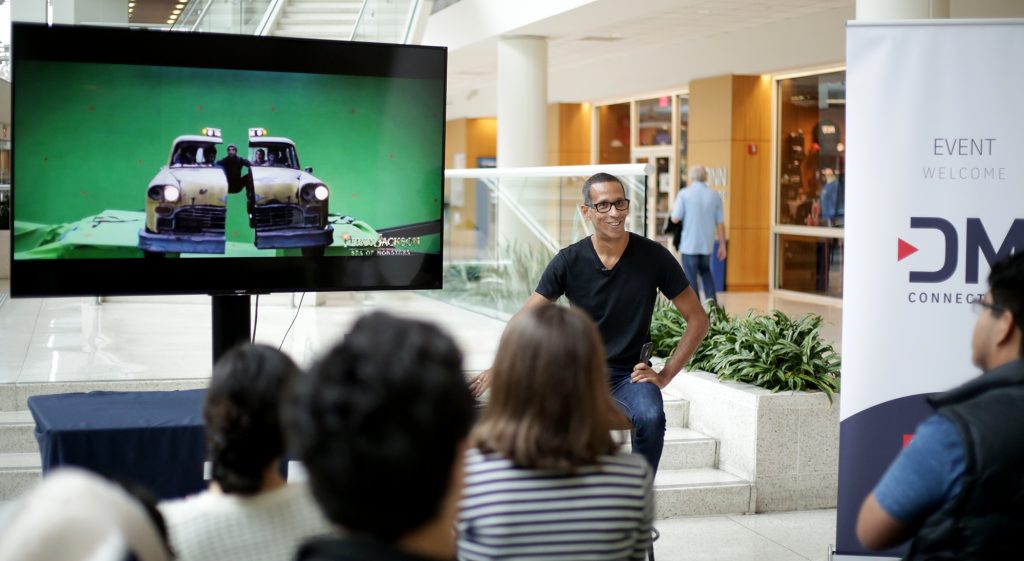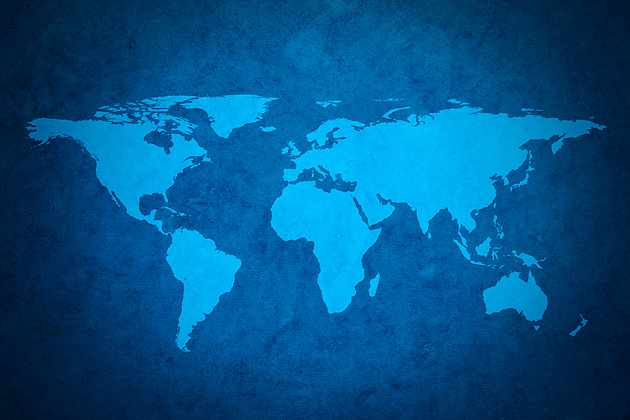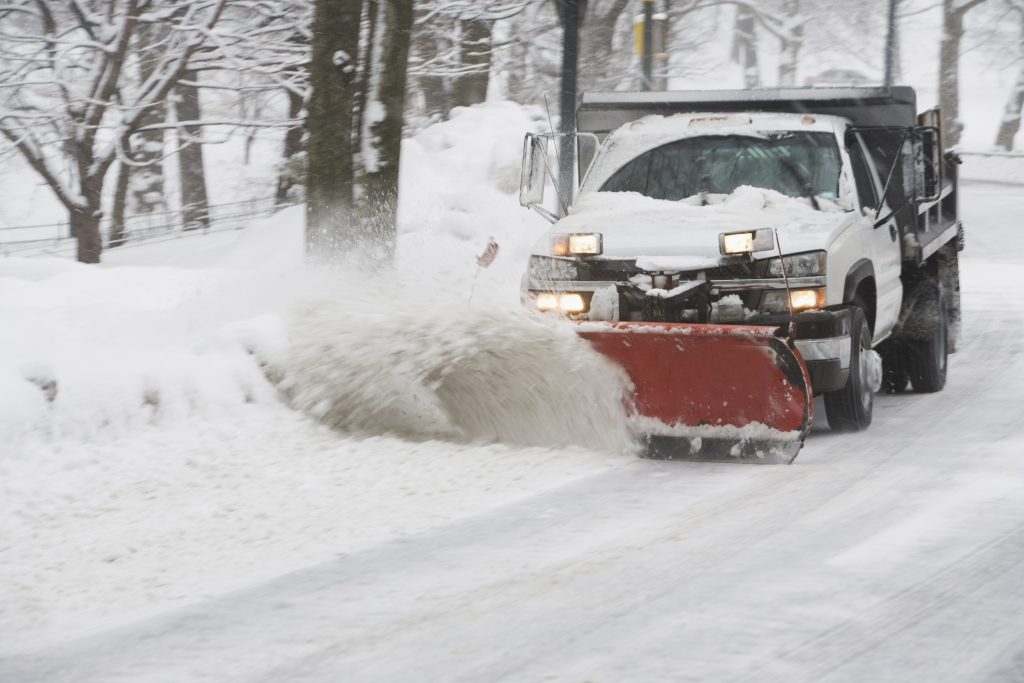Research & Discovery
UConn Partners in $12.5M DOE Research Center on US Nuclear Security
UConn material scientist, Avinash Dongare, will serve as one of the principal investigators for the Center, which has received $12.5 million over five years.
December 13, 2018 | Jessica McBride, PhD
Envisioning the Invisible: Microplastics in the Long Island Sound
With governmental and non-governmental agencies, UConn scientists from the Center for Environmental Sciences & Engineering have secured financial support from the Long Island Sound Futures Fund to study microplastics along Connecticut's coast.
December 12, 2018 | Jessica McBride, PhD
Disrupting Alzheimer’s Protein BACE
Dr. Riqiang Yan, chair of the UConn Health Department of Neuroscience, has received a competitive renewal grant of $3.2 million from the National Institute on Aging to study a potential treatment that gets to the core of the physiological processes responsible for Alzheimer’s.
December 10, 2018 | Anna Zarra Aldrich '20 (CLAS), Office of the Vice President for Research
Favoring Female Flowers in Hemp Horticulture
A UConn plant science professor working with hemp plants has developed a way to maximize the production of female flowers, which produce significantly higher quantities of cannabinoids than male flowers.
December 10, 2018 | Elaina Hancock
Breathing New Life into Aging Electronics
The Electrical/Electronics: Technology and Repair facility is a part of the Center for Open Research Resources and Equipment (CORE).
December 7, 2018 | Carson Stifel ‘21 (CLAS), Office of the Vice President for Research
Core Samples Dig Deep into History of Horsebarn Hill
Samples taken from an iconic campus location are helping undergraduates in a geology lab course learn how to read the history of geologic layers going back tens of thousands of years.
December 6, 2018 | Elaina Hancock
Growing Connecticut’s Digital Media Pipeline
Digital Media CT provides workforce development and networking opportunities to bolster the state's growing film and digital media industries.
December 5, 2018 | Anna Zarra Aldrich '20 (CLAS), Office of the Vice President for Research
UConn Professor Recognized for ‘Improving World Order’
Susan Randolph, the Gladstein Committee Member and Professor Emeritus in Economics, was jointly recognized for the 2019 award from the University of Louisville.
December 4, 2018 | Kathryn Libal, Director of UConn's Human Rights Institute
UConn Research Project at the International Space Station
An experiment devised by researchers at UConn startup LambdaVision was launched into space this month.
December 4, 2018 | Jessica McBride, PhD
Saltier Waterways Creating Dangerous ‘Chemical Cocktails’
A new study found that salty, alkaline freshwater releases a variety of harmful substances that together have more devastating effects on drinking water and ecosystems than individual contaminants.
December 3, 2018 | Matthew E. Wright, University of Maryland
